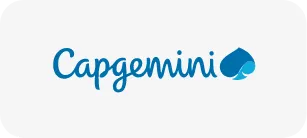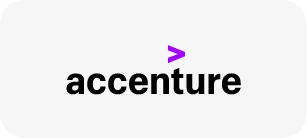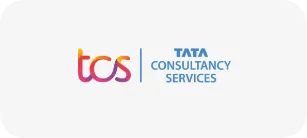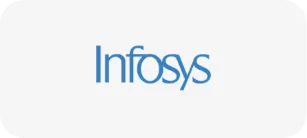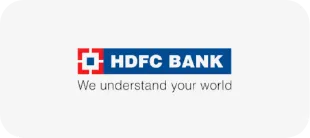Course Highlights
About the Program
Pathways to Progress , CSR initiative by Citi Foundation aims to provide employability skills to the youth specifically from Maharashtra & West Bengal across various sectors such as BFSI, Logistics & Healthcare & provide them with meaningful placements at various corporates that have demand for such skilled manpower. This program is a job skill-building initiative that addresses the persistent, global issue of youth unemployment.
Through this program, Citi Foundation aims to address the skills mismatch and equip young people, particularly those from underserved communities, with the skills and networks needed to succeed in today’s rapidly changing economy.
This course will,
- Understand Definition of Business Banking Correspondent and Business Facilitator Model
- Enhance your knowledge of the EMI systems and Role of IT in banking
- Help you to understand the process of handing over the documents and following up with the customers
- Understand the concept of Target Market Analysis and get a clear outline of the various roles and functions of an NBFC
- Help you to get an overview about methods to organize work and time to produce maximum productivity and what we mean by listening skills
We hope that you will gain the required knowledge from this program and demonstrate the skills learnt.
All the best!
Citi Foundation's Pathways to Progress - Certification Program in Business Correspondent & Business course Minimum Eligibility















This module will help you to understand the objective of this training which is an initiative of Citi Foundation's Pathways to Progress.
Skill India Digital Hub is specially designed and developed to skill, reskill and upskill Indian individuals through an online training platform, API-based trusted skill credentials, payment and discovery layers for jobs and entrepreneurial opportunities. The improved version of the platform has Udyam, e-Shram, NCS and ASEEM portals interlinked for G2C, B2C and B2B services. It will act as a bridge between the employees and employers and allow educational institutes to create/modify curricula as per industry demands.
The banking sector serves as a cornerstone of the global economy, encompassing financial institutions that provide essential services such as accepting deposits, lending capital, facilitating transactions, and managing investments. Banks play a pivotal role in supporting economic growth by allocating capital efficiently, promoting savings and investment, and enabling businesses and individuals to manage their financial resources effectively.
Banks employ various strategies to attract customers for their services. These include maintaining physical branches for direct interaction, leveraging digital platforms for convenience and accessibility, conducting targeted marketing campaigns to reach specific demographics, fostering referrals through customer satisfaction, forming partnerships for specialized offerings, engaging in community activities to enhance visibility, and prioritizing excellent customer service to build trust and loyalty. These efforts aim to cater to diverse customer needs while adapting to evolving market trends and technological advancements in banking.
Banks facilitate the application process by providing clear instructions and personalized assistance to customers. Bank staff help customers understand the documentation needed, such as identification and proof of address, and guide them in filling out application forms accurately. They explain the features and benefits of different accounts or services to match customer needs. Additionally, banks may offer online applications for convenience, with customer service representatives available to answer questions and provide support throughout the application submission and approval process. This ensures a smooth and efficient experience for customers seeking to establish or expand their banking relationships.
Bank staff assist customers in conducting routine banking transactions such as depositing funds, withdrawing cash, transferring money between accounts, and issuing cashier's checks or money orders. They ensure accuracy in processing transactions and provide receipts or confirmations for customer records. Additionally, banks offer digital banking platforms where customers can perform these transactions independently through online banking or mobile apps, with customer support available for assistance as needed. By facilitating these regular transactions efficiently and securely, banks aim to meet customer financial needs while maintaining trust and satisfaction in their banking services.
Bank administrators manage a range of administrative responsibilities essential to the bank's operations. This includes maintaining customer records, processing account openings and closures, verifying transaction details for accuracy, handling paperwork related to loans and mortgages, and preparing financial reports for regulatory compliance. They also coordinate with other departments to support customer service initiatives, resolve inquiries or complaints, and ensure adherence to internal policies and industry regulations. By efficiently managing administrative tasks, banks uphold operational efficiency, compliance standards, and customer satisfaction, thereby fostering trust and reliability in their services.
Banks employ robust systems and protocols to maintain data integrity throughout their operations. This involves implementing stringent data entry procedures to minimize errors, utilizing encryption and authentication measures to protect sensitive information from unauthorized access, and regularly conducting data audits to identify and rectify discrepancies. Additionally, banks train staff on data handling best practices and regulatory requirements to uphold confidentiality and compliance. By prioritizing data integrity, banks enhance trust among customers, mitigate operational risks, and uphold their reputation as secure financial institutions.
Banks prioritize clear and timely communication with customers and stakeholders to provide exceptional service standards. This involves training staff to communicate professionally and empathetically, ensuring they understand customer needs and can address inquiries or concerns promptly. Banks may use multiple channels such as in-person interactions at branches, phone support, email correspondence, and digital platforms to facilitate communication. Additionally, banks establish service standards that outline expectations for response times, resolution of issues, and overall customer experience. Regular feedback mechanisms, customer surveys, and performance evaluations help banks continually improve their communication practices and service delivery. By maintaining effective communication and service standards, banks enhance customer satisfaction, loyalty, and trust in their financial services.
Banks prioritize health and safety by implementing policies and procedures that comply with regulatory requirements and promote a safe working environment. This includes conducting regular risk assessments to identify hazards such as ergonomic issues, physical security concerns, and potential exposure to harmful substances. Banks provide training to employees on health and safety practices, emergency procedures, and the proper use of safety equipment.
Material conservation involves strategies and practices aimed at reducing the consumption of raw materials, energy, and water throughout various processes and industries. This includes implementing technologies and methods that optimize resource use, such as recycling and reusing materials, adopting lean manufacturing principles to minimize waste generation, and employing efficient production techniques.
Energy electricity conservation plays a crucial role in promoting sustainable development, reducing carbon footprints, and ensuring long-term energy affordability and availability. Embracing energy-efficient practices and technologies is essential for both individuals and organizations to contribute to global efforts in mitigating climate change and preserving natural resources.
Waste management recycling involves the separation of recyclable materials such as paper, glass, metals, and plastics from the general waste stream. These materials are then processed through various methods such as shredding, melting, or pulping to create new products or raw materials. Recycling conserves natural resources, reduces energy consumption, and minimizes landfill space and environmental pollution caused by waste disposal.
Industry Recognized Certificate
EduBridge’s programs are designed to offer learners a pathway to placements and its certificate is an official credential for the learners.
On satisfying the attendance criteria requisite and by successfully clearing the assessments with a 50% score and above, learners will be awarded a Certificate of Achievement.
Learners who are unable to clear all the assessments and have scored less than 50% but fulfilled the attendance criteria will be awarded a Certificate of Completion.

We are so proud of our learners who work in some
of the top companies in India.
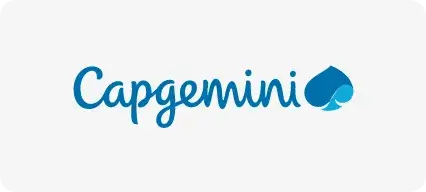
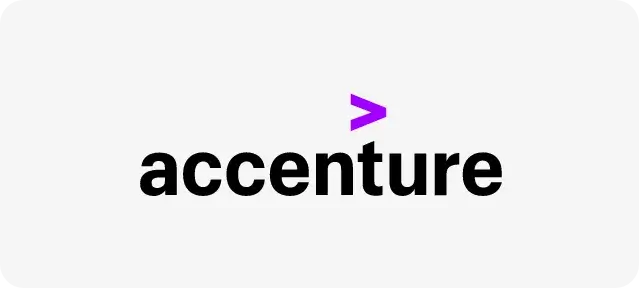
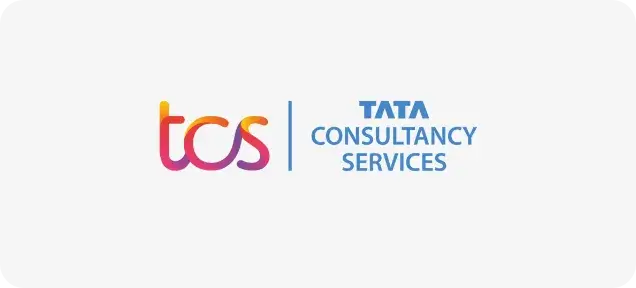
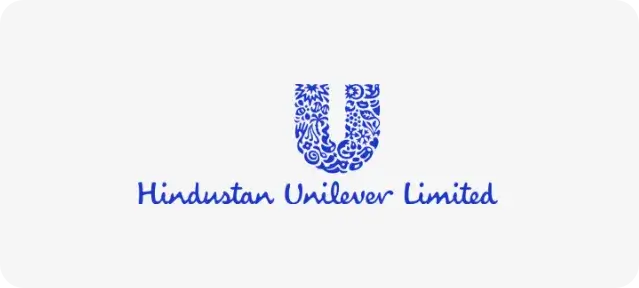
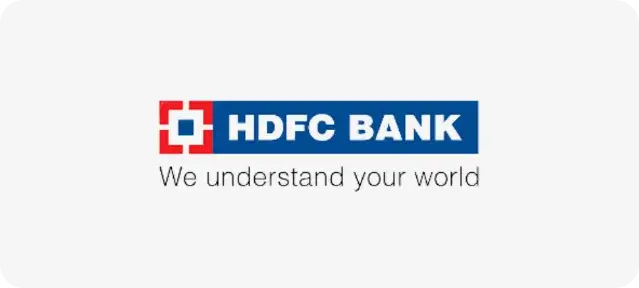
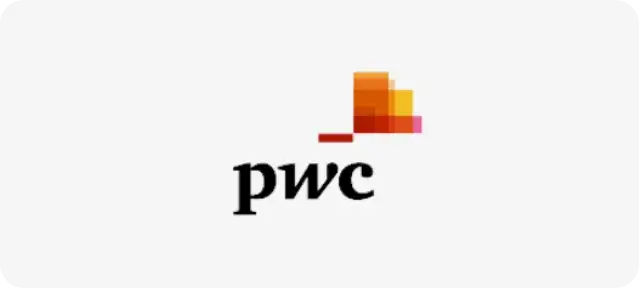
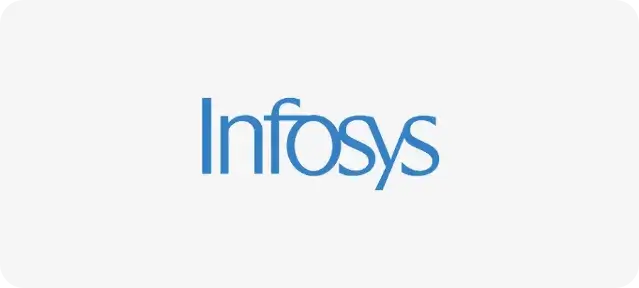

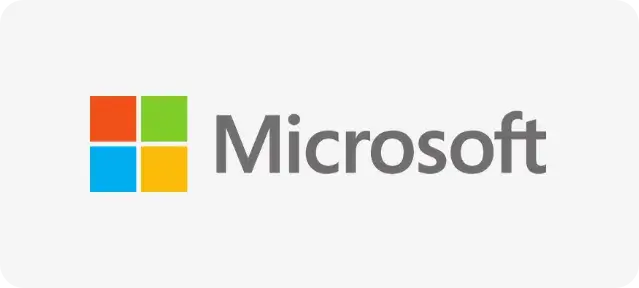
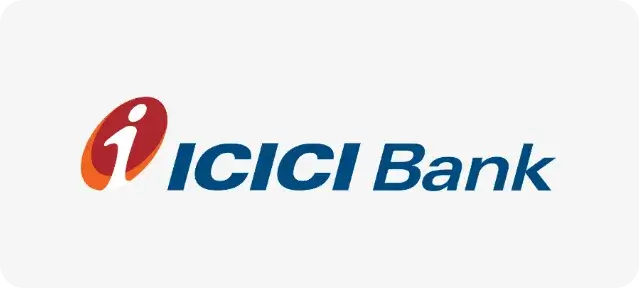
Frequently Asked Questions
All the free Courses are accessible to anyone. However, please check the eligibility criteria given in the Courses and enroll as they are designed based on the user’s requirement.
Please follow the following steps. - In the Browser, click on Settings - Click on “Clear Browsing Data” - Click on “Clear Data”.
To join live classes, you will need to enroll in the Courses associated with Learn with a Master Trainer. You will find the daily schedule and training link in “My Calendar” option in your login.
Once you complete the enrollment process, you will receive the batch schedule and link to join our live classes. This will also be available in the My Calendar section.
If you are using a computer, please close all the background applications and make sure you have a minimum internet speed of 5 Mbps for uninterrupted and lag-free training. If you are using a Mobile phone or Tablet, please close all background applications and connect to a Wifi network for consistent internet speed and uninterrupted or lag-free training.
You can raise a Ticket from the Login Page by clicking on the “Help” option.
Check if there are any background applications using your system resources, if not than please talk to your trainer. He/ she should be able to assist you.
- Click on "Forgot Password" - Enter the New Password and Registered Mobile Number or Email Id - Click on Update - 4 Digit verification code will be sent on your Mobile Number - Verify the Account and you will be able to Login.
- Click on “My Progress” on the left side panel of the Dashboard - Click on “Certificate” in “My Progress” - Click on download option given below the Certificate Please Note- You can unlock the Certificate only if you clear all your Assessments."
Don't worry. Click on Help and raise a ticket.
This option is available for all mode of learning. However, the availability of study material is based on the course you enrolled. Most of our Learn by Yourself courses include interactive content followed by practice quizzes for easy understanding.
















